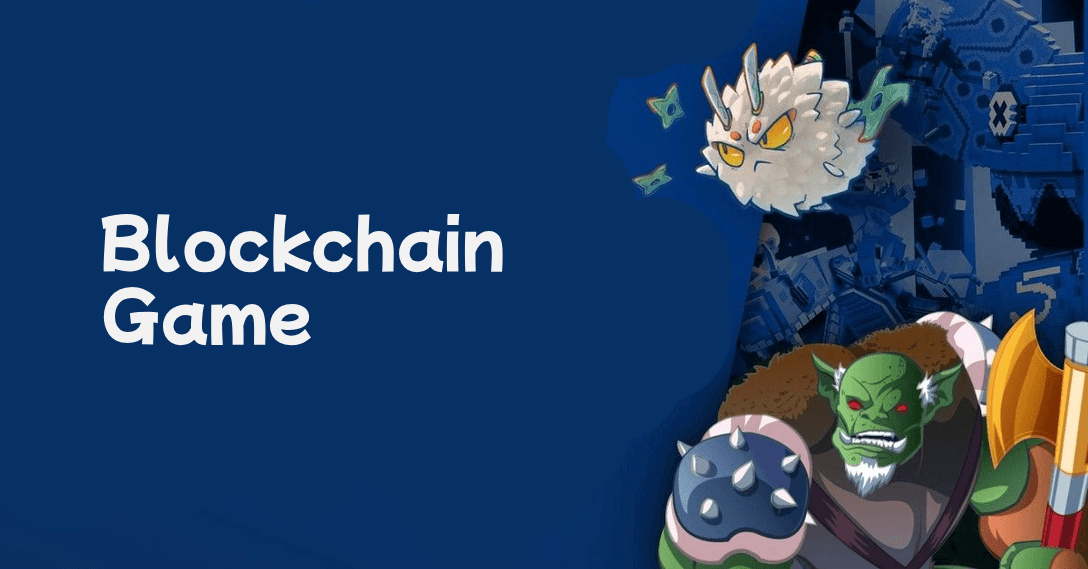In today's gaming landscape, the fusion of blockchain technology and gaming has sparked a wave of innovation and excitement. Blockchain game development presents a unique blend of challenges and opportunities for developers and players. Let's take a closer look at the costs and benefits associated with this emerging field.
Understanding Blockchain Game Development
Before diving into the intricacies of costs and benefits, it's essential to grasp the essence of blockchain game development. At its core, blockchain technology offers a decentralized, transparent, and secure platform for transactions. When applied to gaming, it introduces the concept of non-fungible tokens (NFTs), representing one-of-a-kind digital assets within games.
Developing a blockchain game involves integrating blockchain technology into the game's architecture, enabling features like asset ownership, scarcity, and player-driven economies. Smart contracts play a crucial role, in automating transactions and interactions within the game environment.
Costs of Blockchain Game Development
While the potential of blockchain gaming is promising, there are several costs and challenges developers must navigate:
1. Technical Expertise:
Building blockchain games requires a blend of game development skills and blockchain expertise. Hiring experienced developers proficient in both areas can be costly.
2. Integration Complexity:
Integrating blockchain into game mechanics adds complexity to the development process. Developers must ensure seamless integration without sacrificing performance or user experience.
3. Blockchain Transaction Fees:
Every transaction on the blockchain incurs fees, which can add up, especially in games with frequent transactions. These fees, known as gas fees in Ethereum-based games, contribute to overall development costs.
4. Security Concerns:
Ensuring the security of smart contracts and player assets is paramount in blockchain games. Conducting thorough audits and implementing robust security measures are essential but come with additional expenses.
5. Regulatory Compliance:
Compliance with regulatory requirements, particularly regarding virtual currencies and digital assets, adds complexity and potential costs to blockchain game development.
Benefits of Blockchain Game Development
Despite the challenges, blockchain game development offers several enticing benefits:
1. True Ownership:
As NFTs, players can own their game assets through blockchain technology. With this franchise, users can exchange, buy, and sell assets inside and outside the game environment.
2. Player-driven Economies:
Blockchain games foster player-driven economies where players substantially influence the game's ecosystem. They can create content, develop assets, and participate in governance mechanisms, shaping the game world.
3. Interoperability:
Blockchain technology makes it easier for various games and platforms to work together. The ability for players to use their assets in different games increases the opportunities and possibilities for gameplay.
4. Transparency and Immutability:
Transactions on the blockchain are transparent and immutable, instilling a high level of trust and security. Players can verify the authenticity and scarcity of in-game assets, reducing the risk of fraud.
5. Monetization Opportunities:
Blockchain games offer new avenues for monetization for both developers and players. Developers can generate revenue through asset sales, transaction fees, and play-to-earn mechanisms, while players can earn real value by engaging with the game ecosystem.
Conclusion
In conclusion, blockchain game development presents a blend of challenges and opportunities for blockchain game developers and players alike. While the costs and complexities of development are notable, the potential benefits in terms of player engagement, revenue generation, and innovation are equally significant.
As the technology continues to evolve, we can expect to see more innovative blockchain games shaping the future of gaming. By embracing blockchain technology, developers can create immersive gaming experiences that empower players and drive the industry forward. It's an exciting frontier in gaming that holds tremendous potential for those willing to explore it.





Comments